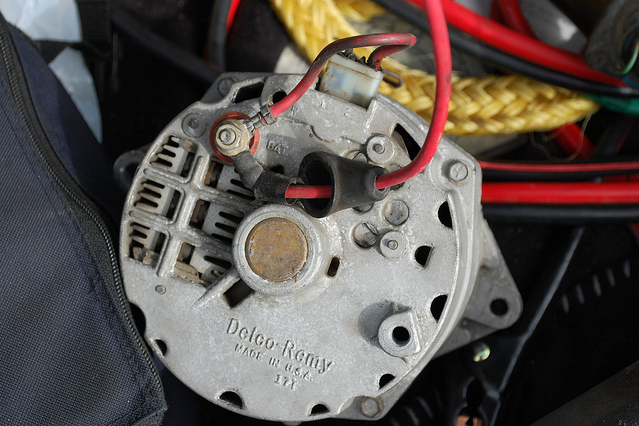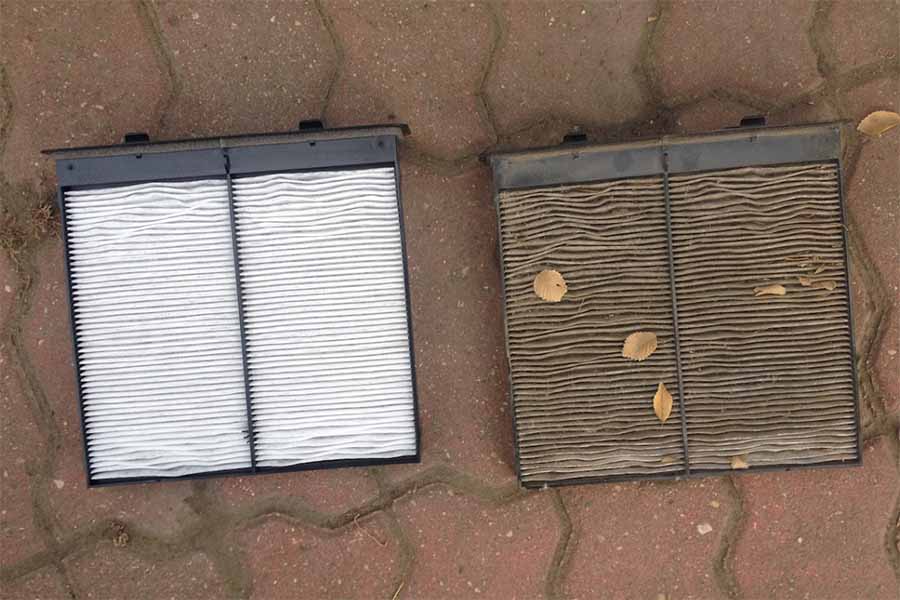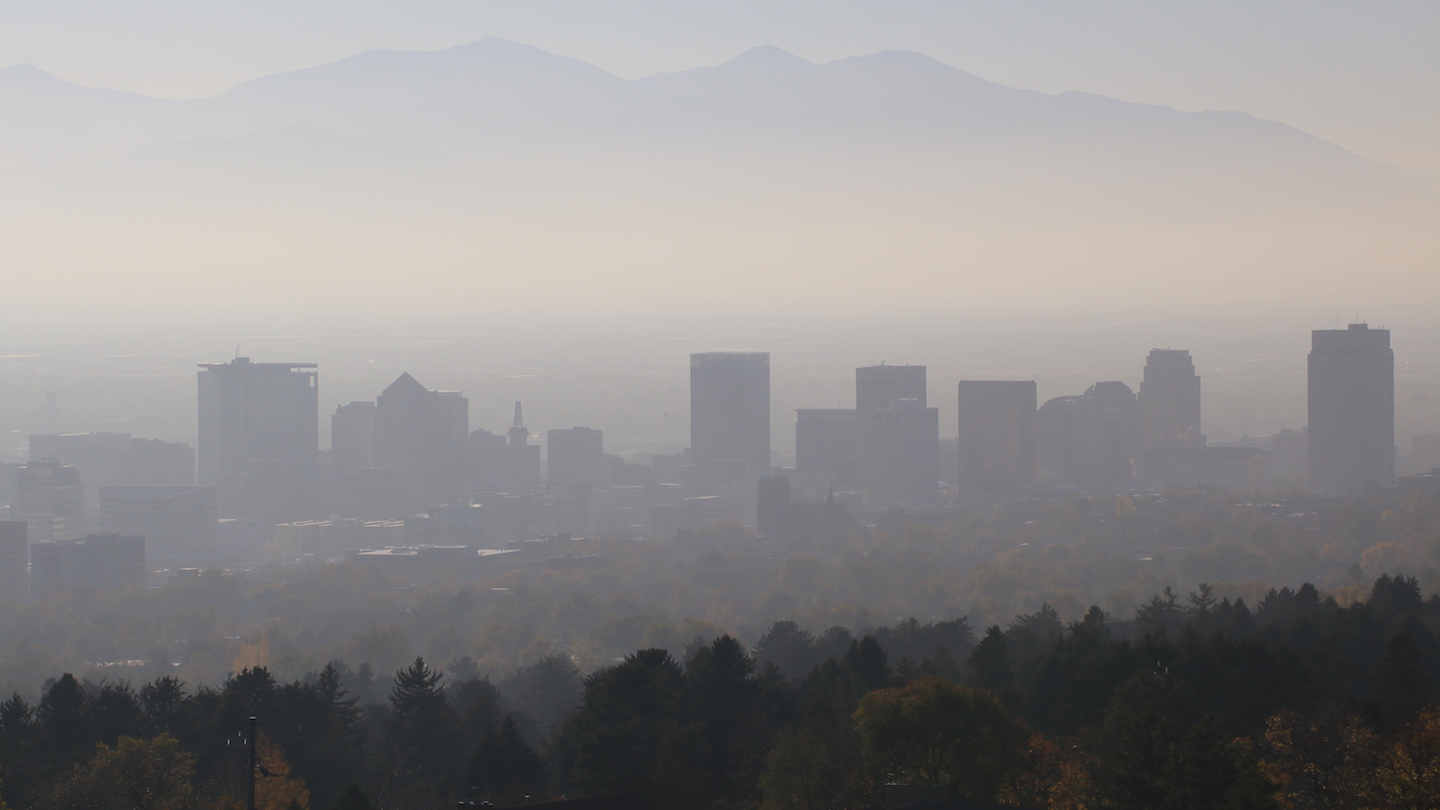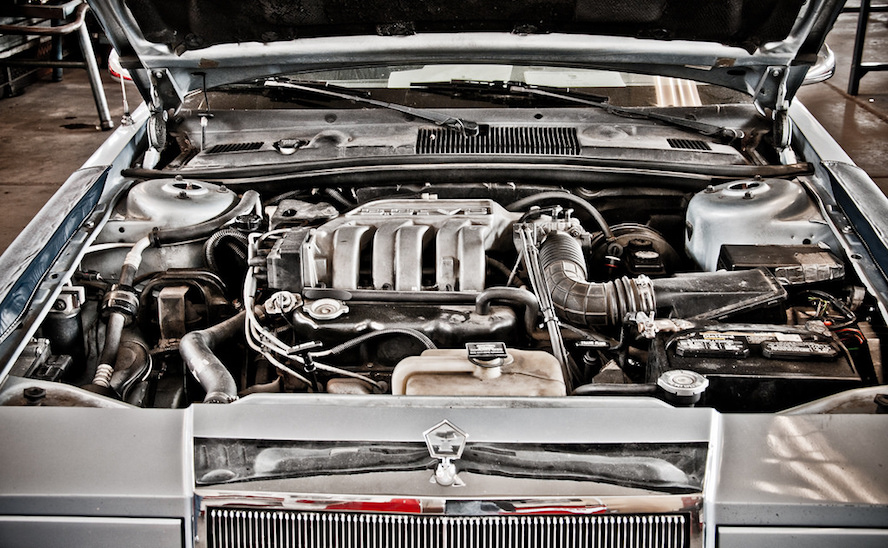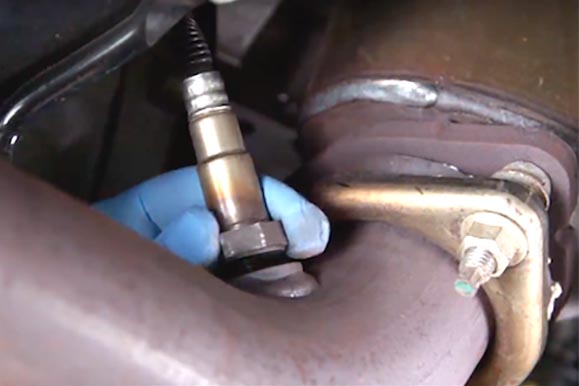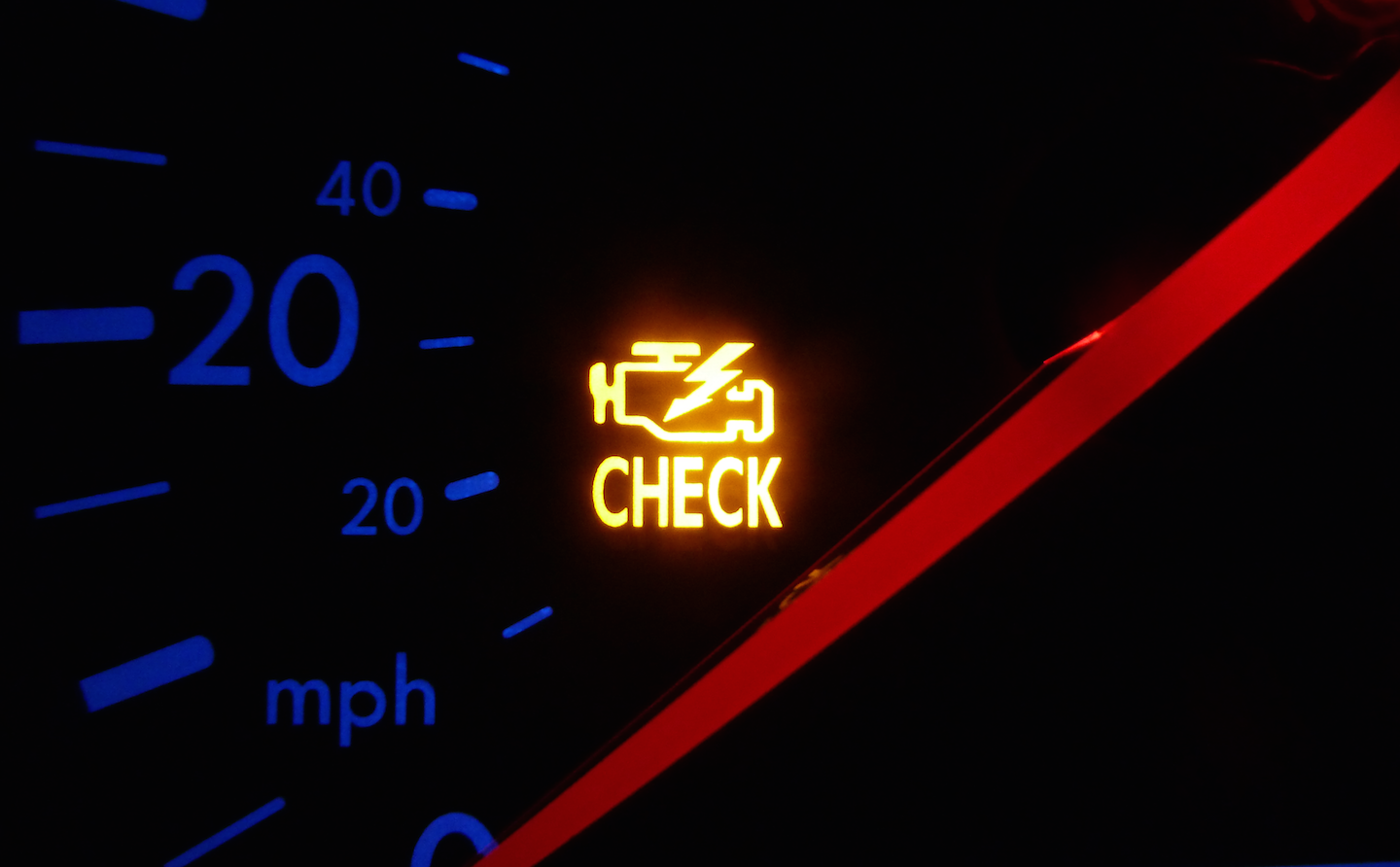Catalytic converters can either fail with age or prematurely due to a poorly running engine. They can also disappear entirely if you park in a high crime location. If you're suddenly looking for a new "cat," there's a couple of considerations before laying down cash.
How the catalytic converter works
Catalytic converters are emissions equipment required for street legal vehicles made in the last 50 or so years. They're a simple design that uses complex chemistry to clean up the waste gasses leftover after the combustion process. Noxious exhaust gasses enter the catalytic converter and flow through a honeycomb design that performs reduction and oxidation chemical reactions, incinerating gases before they leave the exhaust. The International Platinum Group Metals Association says this quick process reduces 90% of a vehicle's harmful tailpipe emissions, so cats really are a good thing.
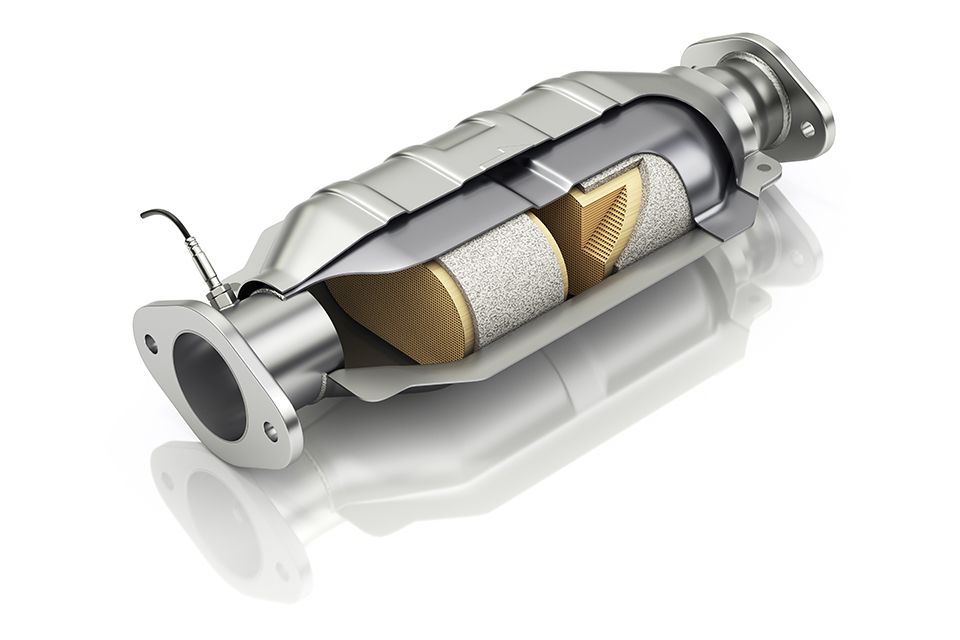
Source | Getty
Why catalytic converters fail, and warning signs
Catalytic converters do fail eventually, usually due to impact damage or excessive fuel contaminating the internal catalyst surface. Modern designs of the last 25+ years include catalytic converters in PCM calculations, so “I'm gutting emissions for more power" in your modern Camaro actually means decreased performance. A failed cat will show common symptoms of increased gas consumption, poor engine performance, a check engine light, failed emissions test, a sulfur smell (“rotten eggs"), and possibly a rattling sound from the cat while driving. That last one means the cat has broken apart internally, likely causing a clog in the exhaust pipe as well as generating a massive amount of heat. Mainly, you'll notice terrible performance (imagine driving through wet sand), due to the increase in back pressure and exhaust restriction. Don't drive like this, as it is dangerous and will further damage your engine.
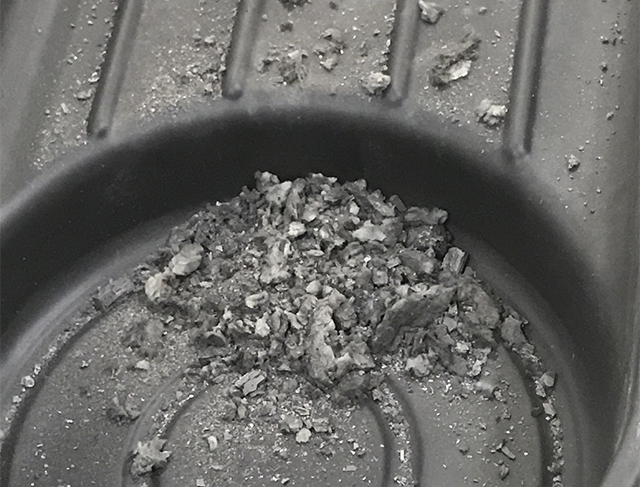
This is the burned-up remains of the honeycomb structure from a cat on an SUV that had excess fuel moving through the exhaust due to a shorted injector. Source | Lisa Kowite
Cost to replace catalytic converter
If you're quickly Googling how much it costs to replace a catalytic converter, you're probably going to be dismayed by what you find. Some price aggregate sites show catalytic converter replacement costs as high as $2,000 or even $3,000 in some modern vehicles. Ouch. However, you should ask a mechanic you trust for a second opinion.
“To go with decent quality cats, the low end is around $400, the high end can be a couple thousand dollars," says Joseph Rakowski, owner and lead mechanic at Savage Automotive. While they are simple devices, the honeycomb catalyst is coated with platinum, palladium and rhodium to make it an often pricey component.
Looking through Advance's online catalog, catalytic converters start under $100 for a smaller universal-fit cat. On the high end, a direct-fit cat for a modern vehicle with dual exhaust and the catalytic converter built into the exhaust manifold can easily pass $1,000. If you don't know which one you need, your best bet is to type in your vehicle and search the catalog by exact fit.
Replacing a catalytic converter yourself can take a few hours and needs a bit of know-how and some specific tools.
Some projects may be too challenging or time consuming to tackle at home, and that's why we partner with trusted, professional shops that are ready to get you back on the road. Use our directory to find a qualified technician near you.

The cost to replace catalytic converters can vary widely. Source | pixabay.com
Why the price difference in catalytic converters?
If catalytic converters all do the same thing, why aren't they all roughly the same price?
“There is a reason for the difference in price," said Rakowski. “Maybe the dealership quoted someone $2,000 but the exhaust place said they would do it for $300. So now the consumer thinks they're getting screwed and overpaying by $1700."
“It's not about someone wanting to make an additional $1700 off you. What they don't understand is, if the inside of a catalytic converter got cut open, the precious metals in the cheap one will cover maybe 10 square feet, while the more expensive one will cover 60 square feet." The massive price discrepancy is explained by what sounds like a motivational quote: “It's what's inside that makes the difference."
You can't see the inside, but there are a few tips to score a quality cat. You will want a catalytic converter from a reputable brand. If you don't know exhaust manufacturers offhand, you can check reviews online, or look at their warranty. Emissions equipment has a federally mandated warranty, so don't purchase one from a janky website offering $50 cats, because it'll lack the warranty and the required metals.
Rakowski said that in addition to the proper amount of the precious metals, the higher price is also due to superior and more durable construction techniques, meaning the part will last for many years on the road. It's also due to newer, reduced-emissions designs incorporating the catalytic converter into the exhaust manifold. Rakowski said he has seen examples where the budget converters available at cheapo exhaust shops don't even last a month.
“The customer might still have a check engine light if they put a crap converter on," he said. “It's a shame, but that's what happens when people only look at dollars instead of what is right for their car."
How long does a catalytic converter last?
The good news here is that barring any other vehicle problems, the catalytic converter should last a long time. Since it has no moving parts, it can last over a decade if you keep up with scheduled engine maintenance.
However, they can be quickly killed if you ignore the warning signs. A check engine light or engine misfires could mean your engine is dumping unburned fuel into the exhaust system, killing the converter
“Two things can easily kill that catalytic converter: coolant and fuel." Those could be from a failed head gasket, or old fuel injectors, spark plugs or even weak ignition coils, which is why he recommends taking it to a shop. “Other than that, those things should last a very long time."
Replace Catalytic Converter DIY vs Pro Shop
Do-It-Yourself maintenance is always the cheaper route to a repair, as you aren't paying for a pro's labor rate. The current average labor rate for an independent shop is around $80 per hour according to AAA, while dealerships average a little over $100 per hour. If the pro shop install takes two hours, you're out $200 in just labor, on top of the cost of parts. If it takes you two hours to do it yourself, the labor rate is $0, so it's only the cost of parts. Keep in mind that direct-fit cats designed specifically for your vehicle will install more smoothly than universal fit. It may be worth it to spring for the direct-fit and save your mechanic a half hour of work.
However, there are huge benefits to having a professional under your hood. It's like having at trained chef making your meals or a skilled tailor making your clothes; an expert on the task can make a dramatic difference. There's a risk involved when you're just going by OBD-II codes and don't know how to interpret them correctly.
“A professional can see other things going wrong with the system," said Rakowski. “Just because they got the code for it, that doesn't mean the catalytic converter is bad. It could be an exhaust leak, it could be oxygen sensors, it could be anything that has to do with feeding air or fuel into the system, and it could set that code."
Rakowski has heard plenty of customers say they tried to fix the symptoms themselves. “They put in a cat for 350, 400 bucks, low and behold, a month later the code trips again." Even if you install a brand new high quality catalytic converter, it will suffer the same problem and quickly fail unless the real culprit is found. The lesson is to properly diagnose the correct issue, not just fix the symptoms of failure.
Have you recently had a catalytic converter replaced? Did you go DIY or let the pros handle it? Let us know in the comments below.
